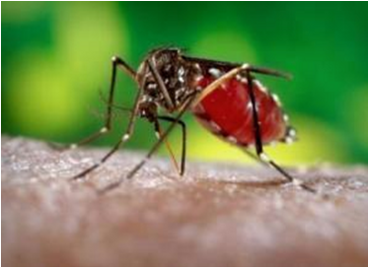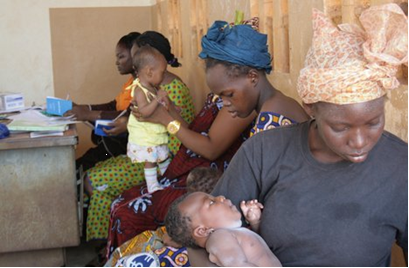Mosquitoes outburst and the environment - Global health perspective
Our project will build a conceptual framework to investigate and explain links between mosquitoes and the environment through a partnership research team involving researchers from Duke and universities in Ghana.


Mosquito sucking blood from human arm and subsequent transmission of malaria parasite. Unfortunately the prime victims are infants and children and in most cases result in death.
Malaria kills over one million people each year, mainly infants and children in Africa and is considered one of the world's deadliest diseases by the World Health Organization (WHO) (WHO). It's endemic to 106 nations, threatening half the world's population. Malaria is caused by a parasite, which is transmitted through the bites of mosquitoes. In Accra, the capital city of Ghana, hospitals and clinics regularly report that more than 30% of admissions are due to malaria. In urban environments like Accra and other cities in Ghana, malaria is likely to increase in importance as rapid urbanization will result in the majority of population living in cities in the near future. In Accra, the outburst of mosquitoes and prevalence of malaria is very heterogeneous in spatial distribution.